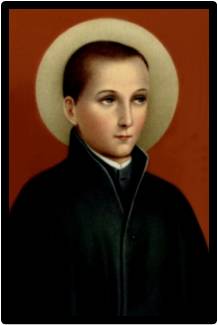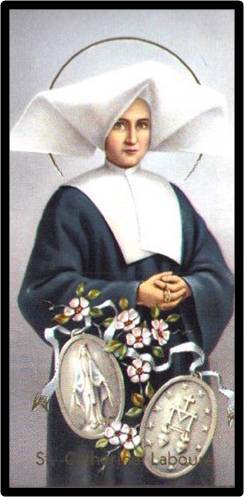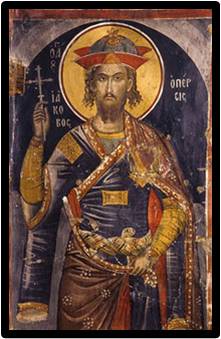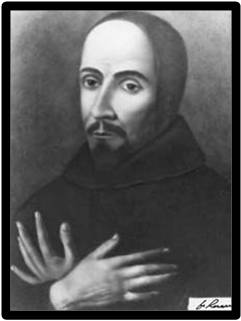NOVEMBER 26 - ST. JOHN BERCHMANS

John was born at Driest, Brabant in Belgium. He was one of five children and the son of a shoemaker. As his parents brought their five children up with much care and love, three of their children entered the religious life.
As a child, John stayed very close to his sick mother. Still, he liked to join with his young friends in putting on plays about Bible stories. He was especially good at playing the part of Daniel defending the innocent Susanna.
From the age of seven he formed the habit of rising early and would serve two or three Masses with great eagerness. He once said, “If I do not become a saint when I am young, I shall never become one.”
By the time he was thirteen, he wanted to begin studying for the priesthood. However, his father, a shoemaker, needed his help in supporting the family. Finally, Mr. Berchmans decided to let John become a servant in the household of a priest. From there he could go to classes in the seminary.
Three years later, John Berchmans entered the Society of Jesus. He prayed, studied hard, and enthusiastically acted out parts in religious plays.
He made a motto: “Have great care for little things,” and he lived up to it. St. John Berchmans never did any great or heroic things during his life. But he did every little thing well and for the love of God, from waiting on tables to copying down notes on his studies.
He was known as the saint who performed ordinary actions with extraordinary perfection. Kindness, courtesy and constant fidelity were an important part of his holiness.
When his was in his third year of college doing philosophy, he was asked to participate in a public debate, defending the Catholic faith, at a Greek college. He spoke with great confidence and knowledge on the subject.
But when he returned to his own college after the debate, he became sick with a violent fever and no doctor could discover what illness he had. Yet John knew he was going to die.
He was very cheerful as always. When the doctor ordered that his forehead be bathed with wine, John joked: “It’s lucky that such an expensive sickness is not going to last long.”
John did not live to become a priest. In fact, he died in 1621 at the early age of twenty-two but he had, without any doubt, reached his goal of holiness.
John died clutching his rosary, crucifix and rules of his order in his hands. Miracles took place at his funeral. Right away people began to call him a saint.



